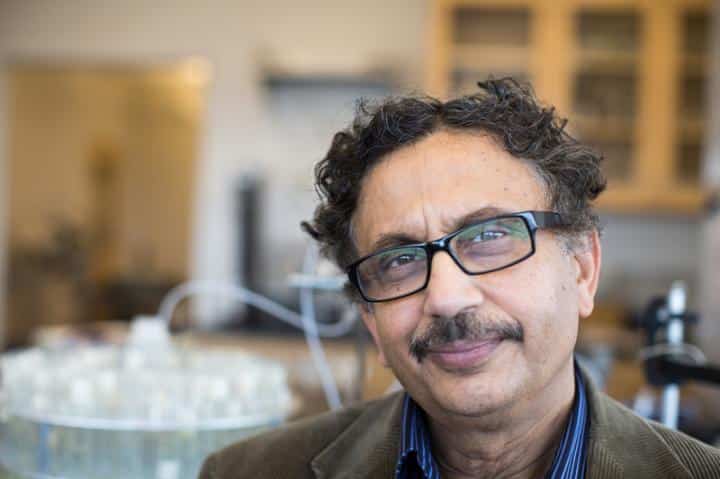Scientists at Lehigh University have developed an effective method for capturing carbon pollution from the air and turning it into baking soda. This technology could be up to three times more efficient than current capture technologies.
An urgent need
Drastically reducing the burning of fossil fuels is crucial to combating the climate crisis. Human activity has already produced enormous amounts of pollution in the atmosphere and does not appear to have any intention of reducing them in the short term. This is why laboratories all over the world are testing ways to remove carbon from the air.
One solution could be to directly capture carbon pollution at the source, for example from steel or cement industries. The problem with this method is that despite its ability to influence the climate the concentration of CO2 in the air is very low (just 0,04%). This makes its direct removal from the air difficult and extremely expensive.

A little bicarbonate of soda?
The authors of the study published in the journal Science Advances (I link it here) have proposed a method to overcome these difficulties. They used copper to modify the material used in direct air capture. The result was an absorbent capable of removing CO2 from the atmosphere even in ultra-low concentrations, with a capacity two to three times greater than that of existing absorbents.
Once captured, CO2 can be transformed into sodium bicarbonate using seawater and released into the oceans at a low concentration. According to scientists, the oceans have infinite reserves and can hold large quantities of sodium bicarbonate without any problems.
Furthermore, the offshore location of the air capture plants allows access to abundant quantities of seawater for the process.
The challenges to face
A big one (and legitimate, by the way): disposing of large quantities of sodium bicarbonate into the oceans could be considered “spillage,” which is prohibited by international treaties.
And aside from the regulatory aspect, there are also those who worry about the negative environmental effects on the oceans, already under pressure due to climate change, pollution and other human activities.
The technology is promising, though. With prudence, it is worth progressively expanding the test platforms to evaluate the results: only in this way will we be able to understand whether bicarbonate is also "good" for the planet.


